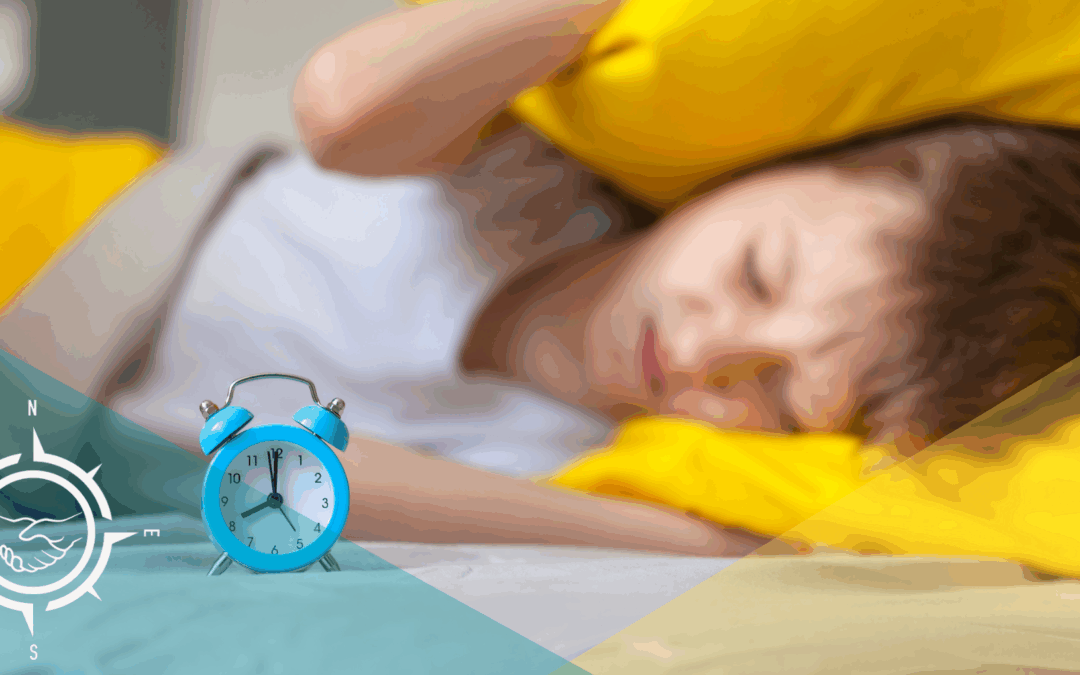How Childhood Trauma Impacts Sleep Quality
Childhood trauma is most known for affecting behavior and emotions. But trauma doesn’t take a break at night when your child is sleeping. In this article, we take a look at why kids with trauma experience sleep disturbances and some possible treatments for the effect trauma has on your child.
How Childhood Trauma Affects Sleep
Childhood trauma leads to changes in the brain’s structure and function. Because of this, trauma is considered a real brain injury. This is because the brain is in a constant state of high alert, looking out for danger (hypervigilance). More commonly, people understand that this can lead to difficulty managing emotions and issues with concentration and memory. But hypervigilance or state of heightened alert can also lead to sleep issues, such as insomnia, difficulty falling or staying asleep, and nightmares. If not treated, chronic sleep disturbances can lead to further stress, increasing the risk for mental health issues such as anxiety and depression.
Here are the 3 ways trauma can affect sleep:
- Physiological Hyperarousal: Trauma alters the neuroendocrine systems that regulate sleep, leading to a heightened state of constant alert. This persistent fight or flight response interferes with the body’s ability to relax and initiate sleep.
- Cognitive Processes: Trauma also triggers cognitive and emotional processes that disrupt sleep. The brain may struggle to process the traumatic event, leading to thoughts and worries that are difficult to turn off.
- Disrupted Circadian Rhythms: The stress response to trauma can dysregulate the body’s internal clock, disrupting the sleep-wake cycles. This can further increase sensitivity to stress.
Common Sleep Problems Associated with Childhood Trauma
These are 3 of the most common sleep issues associated with trauma:
- Insomnia: This includes difficulty falling asleep and staying asleep, as well as feeling unrested after sleep.
- Nightmares: These are vivid, disturbing dreams that are often related to the traumatic experience(s) and can lead to a fear of sleeping.
- Night Terrors: These are episodes of intense fear, screaming, or thrashing during sleep. Your child may be difficult to wake during these episodes.
Long-Term Impacts of Disturbed Sleep
If sleep issues aren’t treated, it can lead to a vicious cycle for children with trauma. It can exacerbate many of the issues children with trauma are already experiencing, such as chronic stress. This then further exacerbates the sleep disturbances, and now you can see how it can spiral out of control if left untreated.
When you can’t get restorative sleep, your body is more prone to handle stress poorly. This can lead to fatigue, reduced attention, and poor decision making, all of which can hinder a person’s ability to cope with daily life and form healthy relationships. This is known as maladaptation.
But sleep disturbances also act as a mediator to trauma, increasing the likelihood of developing stress-related psychological conditions such as anxiety and depression. This means children with trauma are at a much higher risk of developing a chronic mental health condition.
Lastly, insomnia following trauma has also been linked to a greater risk of substance use disorders, as individuals may use alcohol or other substances to manage their sleep issues.
How to Treat Trauma Induced Sleep Disturbances
It’s important to work with your child’s doctor and therapist to find the right therapies for your child. But some of the most common treatments for trauma induced sleep disturbances include:
- Therapy, like Cognitive Behavioral Therapy (CBT), which can address the root causes of trauma and helps your child to develop strategies to better manage sleep issues.
- Medication, which in some cases may be used in conjunction with therapy to address both the trauma and associated sleep problems.
With the right type of trauma-informed care, your child can not only learn healthy sleep habits, but begin to heal from their trauma. If you want to learn more about childhood trauma and how to help your child heal through positive, safe relationships, we have plenty of free resources and articles right here on our blog! We encourage you to also join our community on Facebook for parents of adopted children with trauma.


